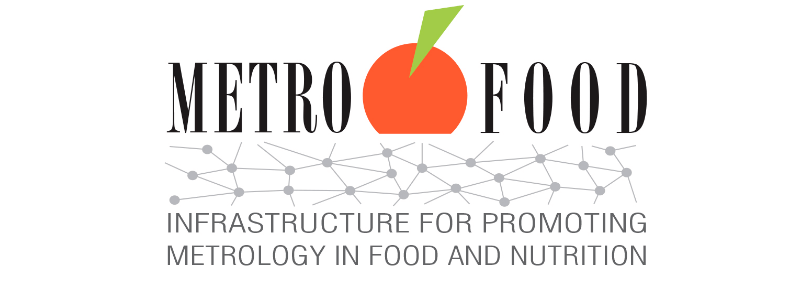COVID-19 risks to global food security
Science, 31 Jul 2020: Vol. 369, Issue 6503, pp. 500-502 DOI: 10.1126/science.abc4765. As the COVID-19 pandemic progresses, trade-offs have emerged between the need to contain the virus and to avoid disastrous economic and food security crises that hurt the world's poor and hungry most.
Although no major food shortages have emerged as yet, agricultural and food markets are facing disruptions because of labor shortages created by restrictions on movements of people and shifts in food demand resulting from closures of restaurants and schools as well as from income losses. Export restrictions imposed by some countries have disrupted trade flows for staple foods such as wheat and rice. The pandemic is affecting all four pillars of food security : availability (is the supply of food adequate?), access (can people obtain the food they need?), utilization (do people have enough intake of nutrients?), and stability (can people access food at all times?). COVID-19 is most directly and severely impacting access to food, even though impacts are also felt through disruptions to availability; shifts in consumer demand toward cheaper, less nutritious foods; and food price instability. We outline the main threats COVID-19 poses to food security and suggest critical responses that policy-makers should consider to prevent this global health crisis from becoming a global food crisis.
Link: https://science.sciencemag.org/content/369/6503/500




